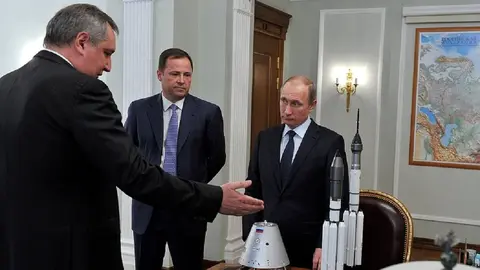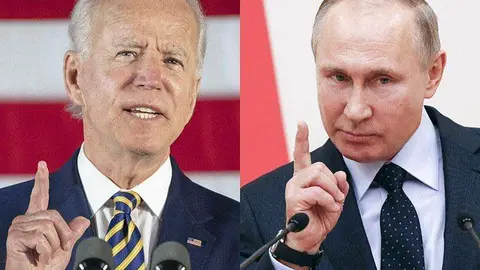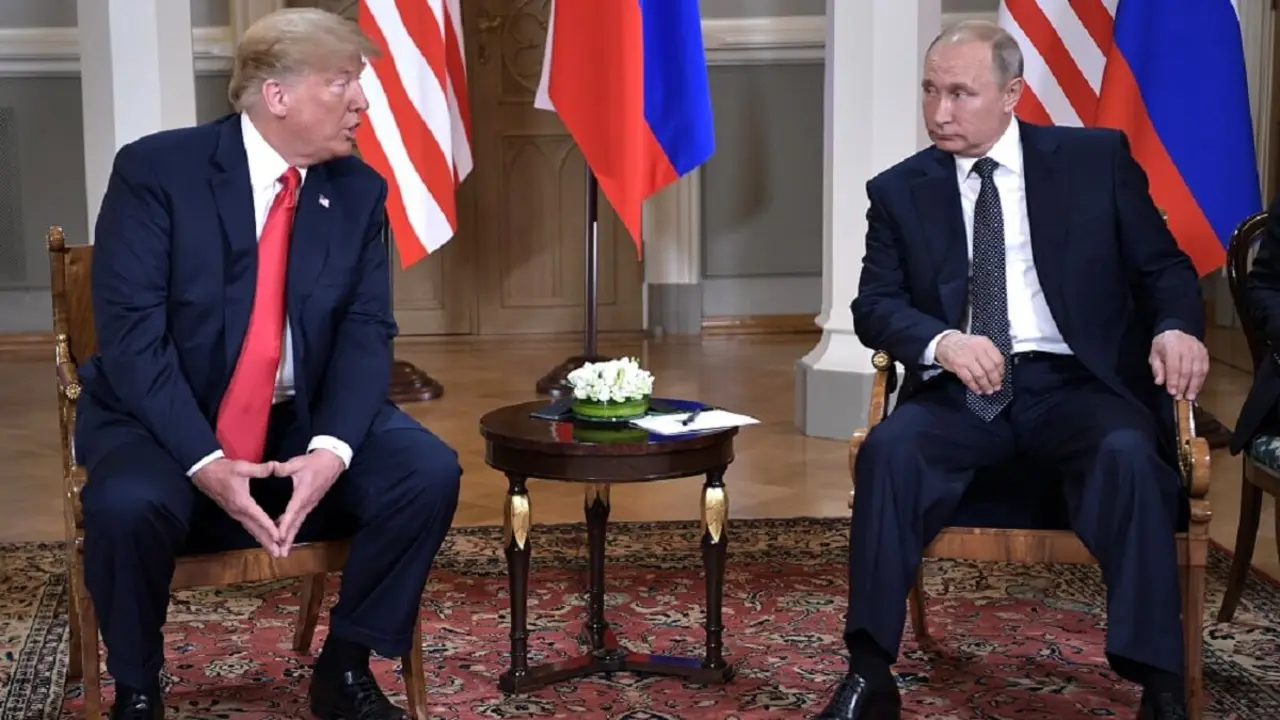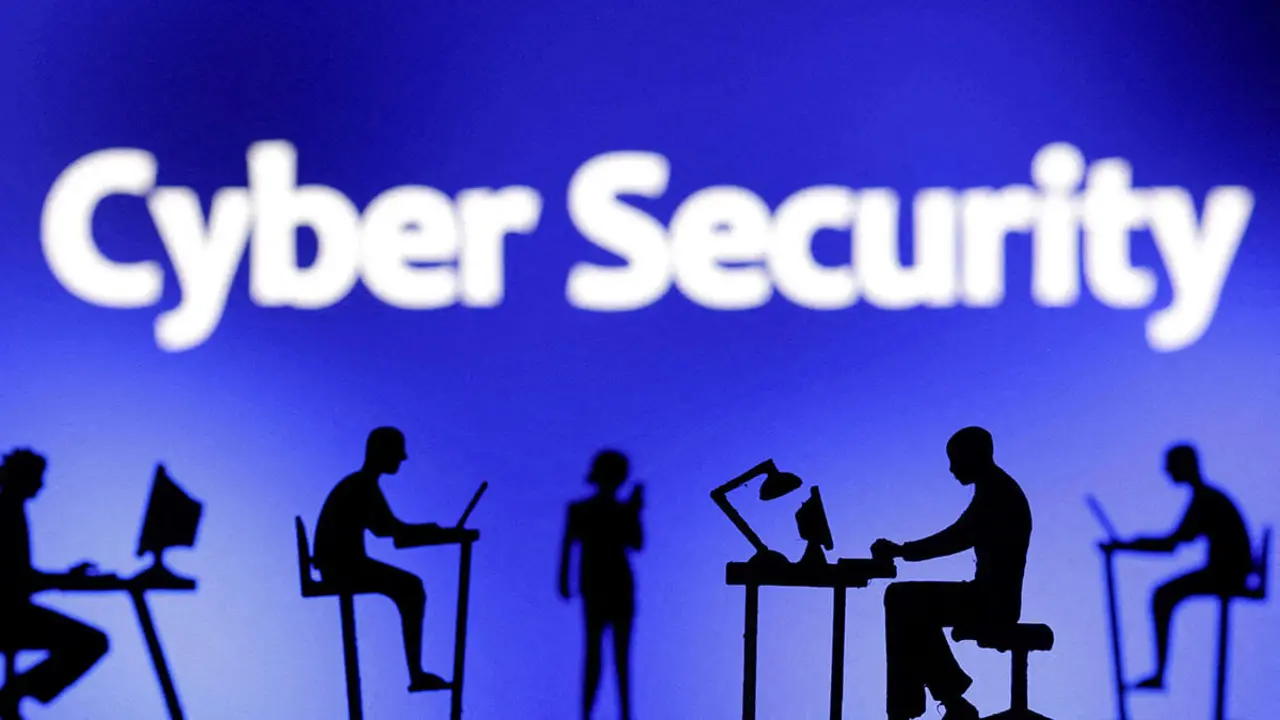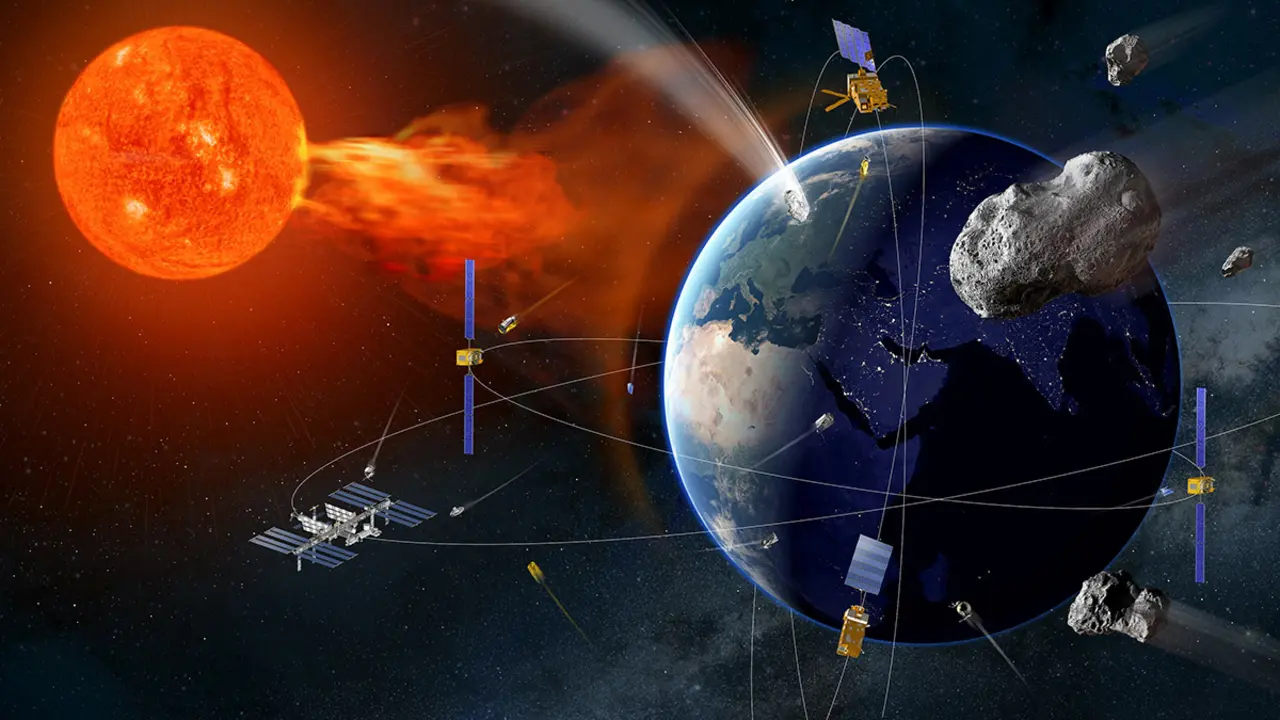Russia picks up the pace to remain in the leading space peloton led by the United States and China
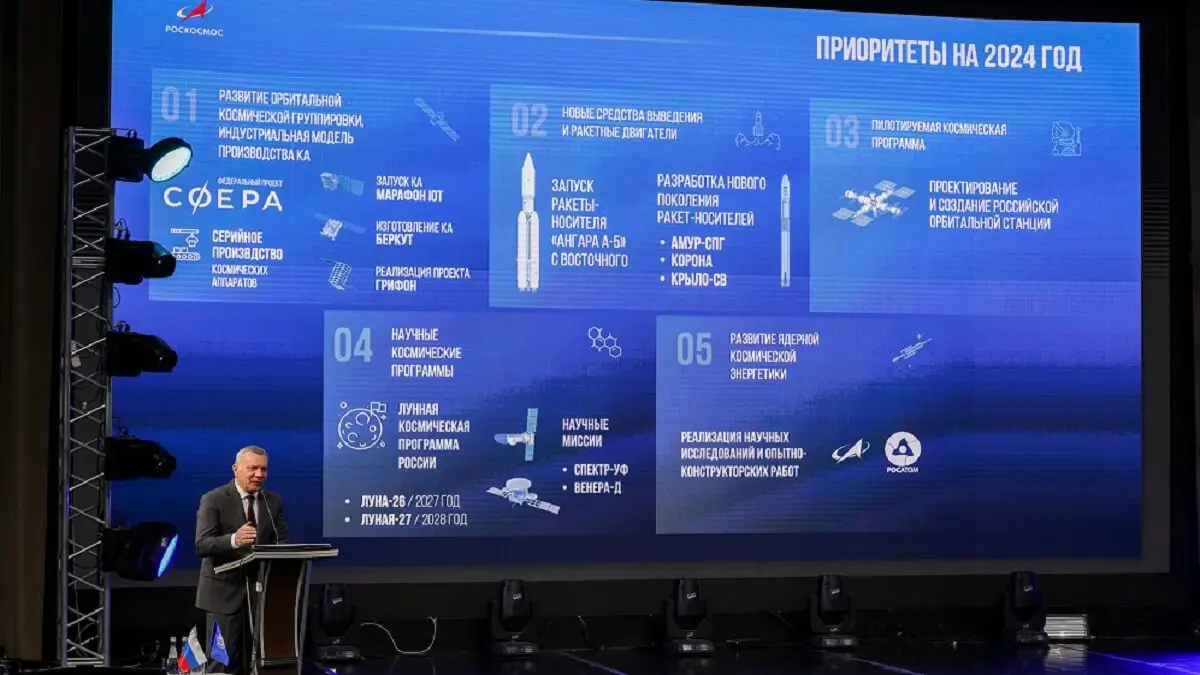
With more than 40 launches scheduled for 2024, compared to just 19 in 2023, the director general of the Russian Space Agency, reserve general Yuri Borisov, has outlined at Moscow State Technical University the priorities dictated to him by President Vladimir Putin in order to remain at the head of the pack of space powers.
With New Delhi pedalling briskly and Moscow's back wheel, Borisov told hundreds of senior academics and industrial leaders from Russia's space ecosystem about the priorities President Vladimir Putin has set for him: boosting military programmes, continuing manned spaceflight and restructuring the satellite industry.
In office since July 2022, Borisov is well aware of the difficulties of the transition process imposed on him by the Kremlin to shape an architecture based on new rockets and different constellations of small multi-purpose satellites. It is up to him to keep Russia at the forefront of space and to provide civil and military authorities, official institutions and the Russian population with a wide range of quality digital services.
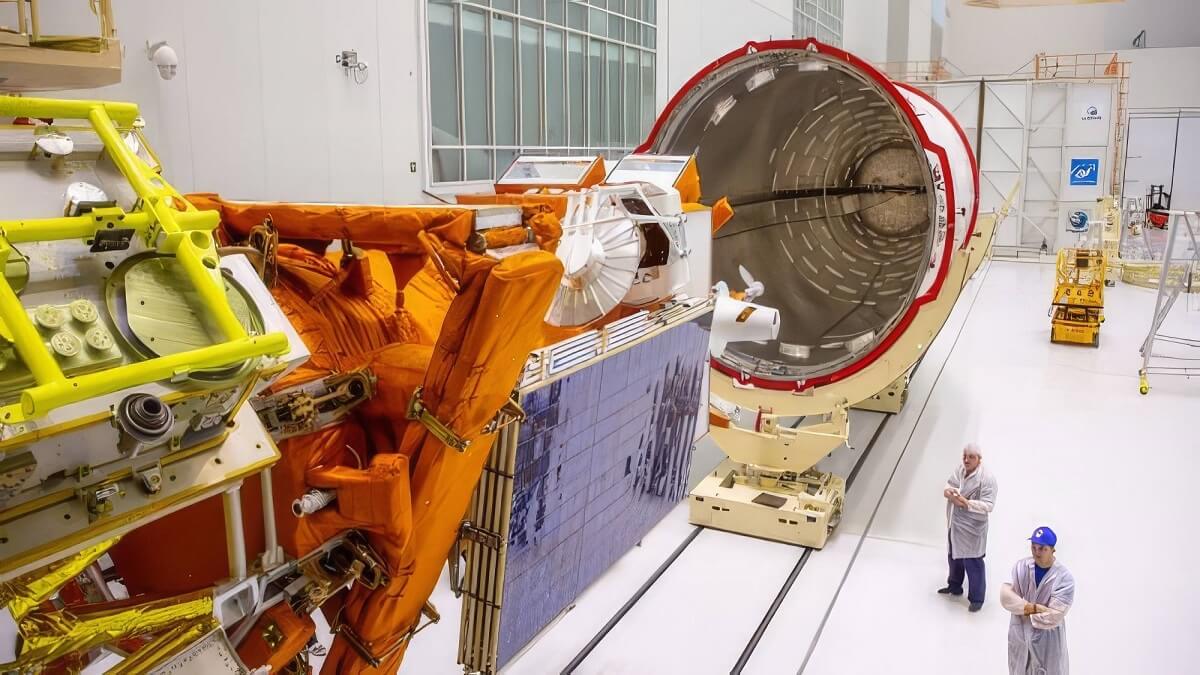
On the satellite side, the three main manufacturers of communications, navigation and optical observation and radar platforms - Reshetnyov, NPO Lavochkin and VNIIEM - must move from producing less than 40 satellites a year to 250 a year. "What we need to achieve is to have a constellation of more than a thousand small platforms weighing less than 500 kilos deployed by 2035," the general told his audience.
"Unfortunately, neither from a scientific, technological nor industrial point of view do Roscosmos companies today provide the quality level and pace necessary to create advanced satellite constellations," he reminded them. This is why Putin wants to bring private initiative into the sector and a draft law is being debated in the Duma to encourage public-private partnerships as of January 2025.
New satellites and launchers
One of Roscosmos' major projects is "Sfera", a constellation of observation and communications satellites. The first to go into orbit are the experimental 50-kilogram "Marafon-IoT" data transmission platforms, which follow the 148-kilogram "Skif-D" for Internet from space. Both are guinea pigs to test the system's performance, with a view to making any necessary modifications before starting series production.
Joint US-Russian manned spaceflight plans remain on track. Despite the high tension over the illegitimate invasion of Ukraine, both nations maintain the International Space Station (ISS), where a small group of astronauts of different nationalities survive 400 kilometres from Earth. For the moment it remains a marriage bed between NASA and Roscosmos but, by the end of the decade, marital relations will end in divorce.
NASA administrator Bill Nelson's NASA has already found a partner and is preparing to deploy the Getaway cislunar space station and pave the way for commercial orbital complexes. Yuri Borisov's Roscosmos is working towards completion of its ROS space station by 2023. It requires new launch vehicles, advanced manned capsules and supplies, and needs to complete the large Vostochny Cosmodrome in Siberia, which is "99% complete", says Borisov.
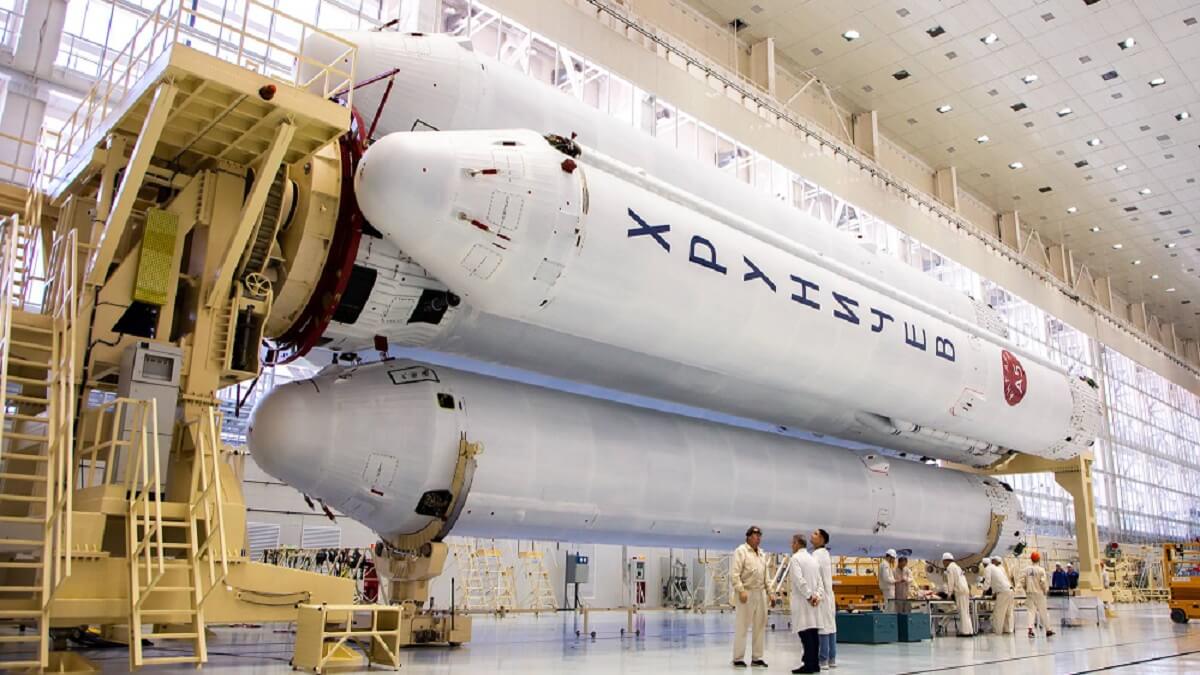
Roscosmos has been planning for decades to replace its reliable workhorse, the Soyuz rocket, which has been in service for more than 65 years in different versions. It has already completed development of the Angara family of military launchers, the flagship of which is the super-heavy, 55-metre-tall Angara A5. If there are no problems, its maiden launch from Vostochny will take place "in the first half of April", Borisov confirms.
But in the space arena, it is not wise to put all eggs in one basket. Roscosmos is also working on lighter rockets. One of them is the so-called Amur-SPG, powered by methane - liquefied natural gas - engines, which is due to become a reality in 2030 and whose first stage is reusable. The general's intention is that "the technologies and knowledge acquired with this rocket will be transferred to a higher performance launcher".
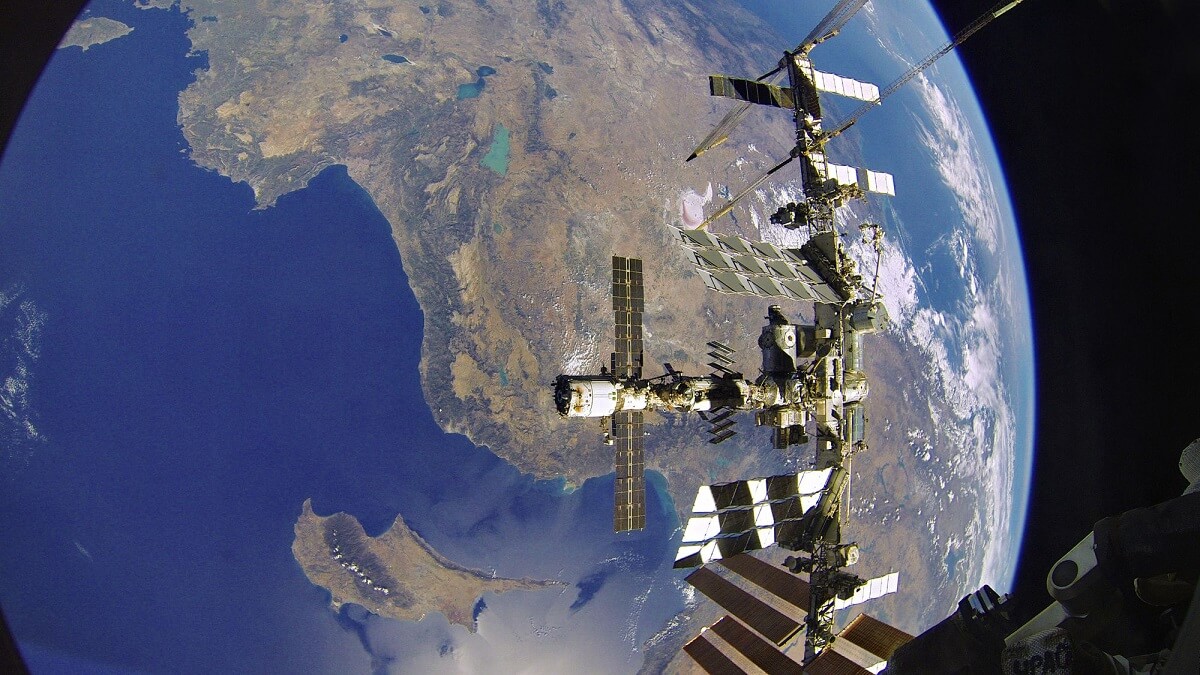
Enhancing space diplomacy in Africa and Southeast Asia
The impact of sanctions imposed on Russia by the European Union, the United States and other countries has been lethal to the buoyant launch services business, which Russia traded on the world market until the invasion of Ukraine. Since then," says Borisov, "Roscosmos' contracting capabilities have been practically wiped out.
The head of Russia's space sector was quick to point out that the reason for this is that "70% of all our contracts were linked to countries that are now hostile to us". Borisov described the economic losses as "serious" and for the 2023 financial year he quantified them at "180 billion roubles", some 1.82 billion euros.
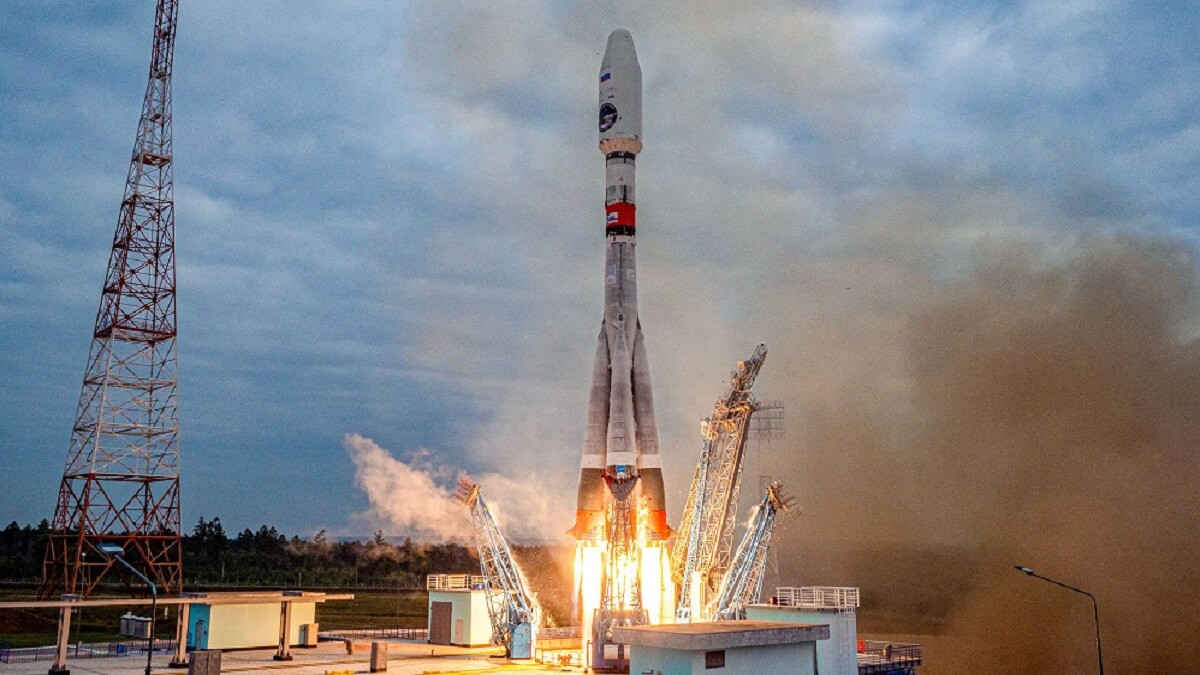
To try to alleviate the situation, the Russian space agency has redirected its efforts towards new customers. The focus has been directed towards official institutions and companies in countries allied or friendly to the Kremlin in Africa and Southeast Asia, "where we believe there is a demand and a desire to work with Russia". Moscow is confident that "in the next three to five years it will be possible to recover the lost export volume".
Within the framework of outer space research and scientific cooperation, Roscosmos maintains its interest in the Earth's natural satellite. Together with the Russian Academy of Sciences and our Chinese colleagues, Borisov stresses that "we have established an extensive, comprehensive and ambitious lunar programme, and we will possibly extend it to the exploration of Venus".
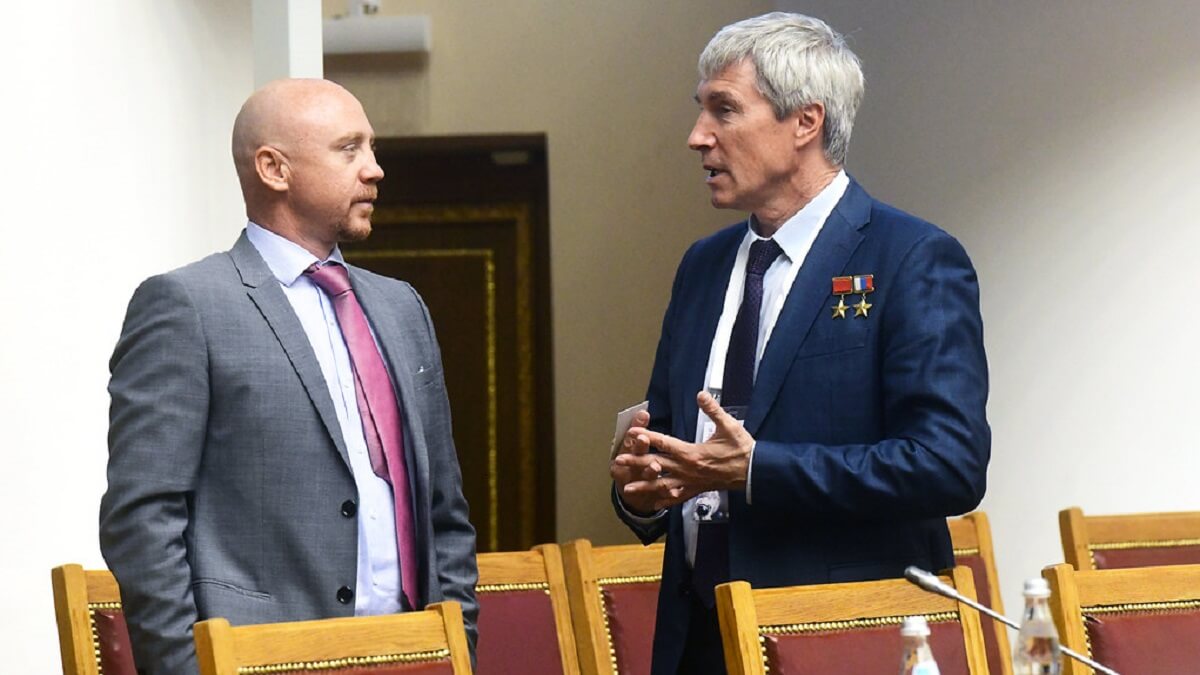
To strengthen the Kremlin's space diplomacy and the commercialisation of space services, cosmonaut Sergei Krikalev has been the Russian president's special representative for space cooperation since 19 January. Aged 65 and internationally renowned, Krikalev, like Putin, is a native of Leningrad.
Until his new job, he was head of manned spaceflight at Roscosmos. Between 2009 and 2014 he was head of the Yuri Gagarin Cosmonaut Training Centre in Moscow (TsPK). He has participated in six space flights, spent 803 days in orbit and was one of the three members of the first permanent crew on the ISS. A true veteran, he has now become Russia's roving space ambassador.



